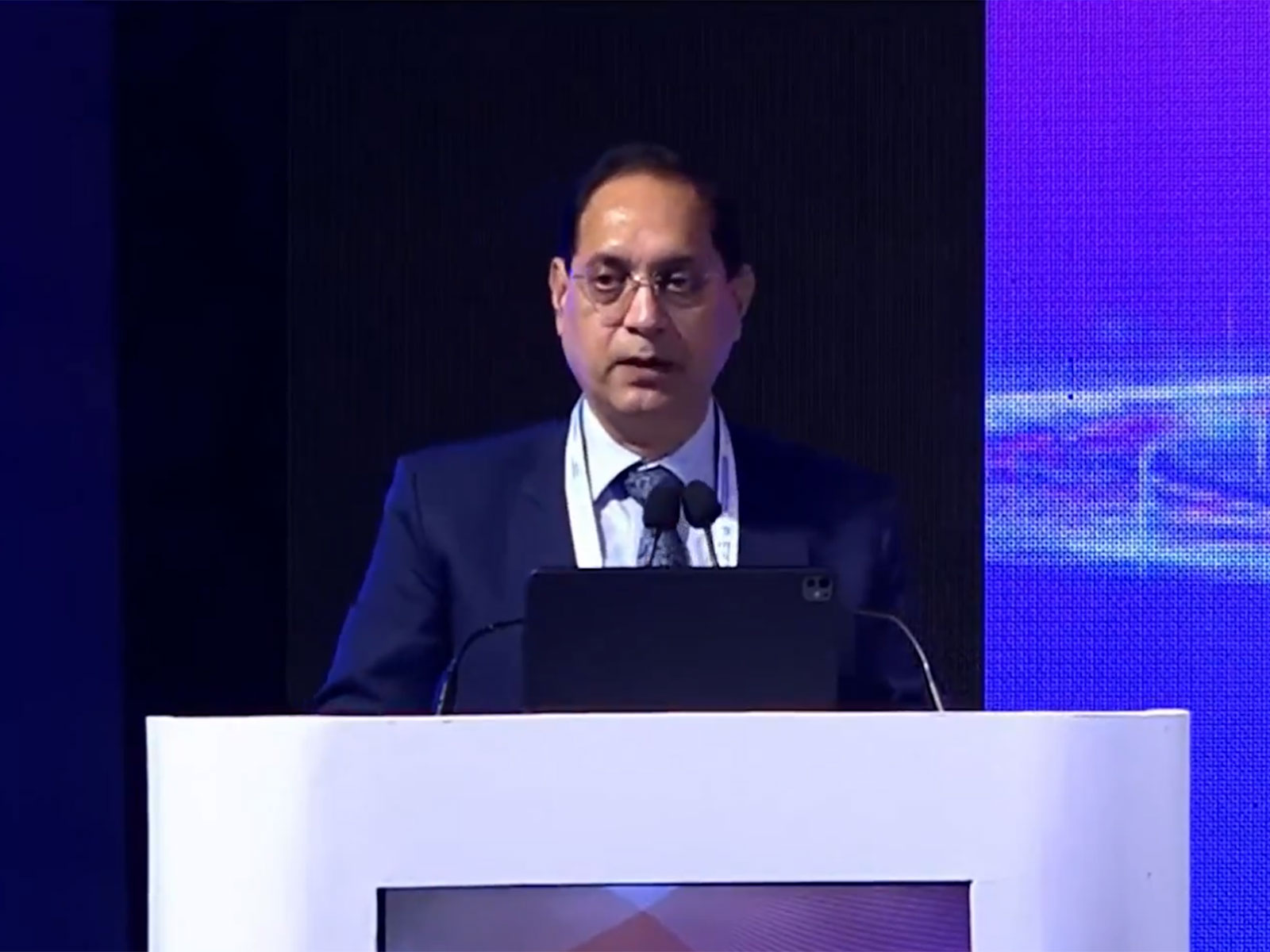Capital Markets Catalyze India's Infrastructure Vision
SEBI Chairman Tuhin Kanta Pandey emphasizes the pivotal role of capital markets in funding India's infrastructure, enabling long-term investments through diverse financial instruments such as InvITs and REITs. These markets not only finance but also ensure governance and transparency, crucial for India's $5 trillion economic ambition by 2025.

- Country:
- India
Capital markets are emerging as a cornerstone in financing India's infrastructure ambitions, stressed SEBI Chairman Tuhin Kanta Pandey during the Infrastructure Conclave 2025. Pandey underlined that infrastructure investment is a long-term strategy, where capital markets facilitate patient capital influx from diverse investors, crucial for India's growth trajectory.
Highlighting the diversification benefits, Pandey noted that leaning on capital markets mitigates concentration risks associated with traditional bank or government funding by offering varied instruments like corporate bonds and Infrastructure Investment Trusts (InvITs). These avenues distribute risk while ensuring access to steady yields and discipline through stringent governance norms.
Capital markets, Pandey asserted, serve not only as financiers but also as guardians of transparency and quality in infrastructure projects. With infrastructure indices consistently delivering strong returns, tools like IPOs and REITs have proven substantial, significantly bolstering market capitalisation. Moreover, municipal and green bonds are gaining traction for urban and climate-friendly projects, reinforcing infrastructure as a key economic driver towards India's $5 trillion economic goal.
(With inputs from agencies.)
ALSO READ
CIMMYT Urges Global Nations to Fill Funding Gaps to Safeguard Food Security
University of California Fights Trump Administration Over Funding Freeze
University of California Battles Federal Funding Freeze
US House speaker says stopgap funding bill complicated by need for security funds
Global Aid Crisis Deepens: Relief Efforts Hit by Funding Cuts and Natural Disasters










